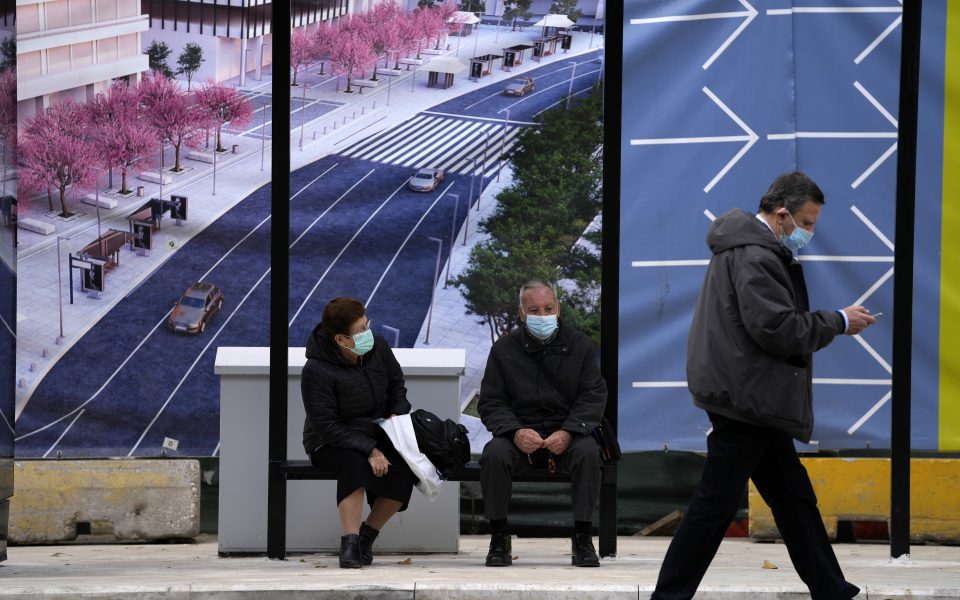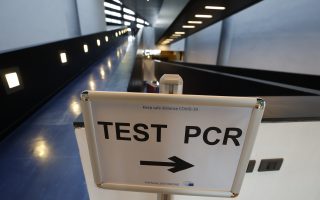Officials brace for wave of sick employees in health, transport and education

Officials fear that the galloping Omicron variant of the coronavirus will paralyze large swaths of the state apparatus starting next week.
Vulnerable services include hospitals, public transport, civil service bureaus, schools and universities. Disruptions of varying severity are expected due to the large number of infections that will keep many employees quarantined.
There are already signs of dysfunction in hospitals, and state services such as the police and the fire service, where employees cannot work from home, are expected to be affected the most.
Health authorities are closely monitoring the number of cases and their possible trajectory over the next week. On Friday, the number of new infections reached a new daily record of 40,560 after reaching 35,580 on Thursday and 28,828 the day before.
Despite the huge leap, authorities take heart from the fact that the Omicron variant has not put undue pressure on health systems in other countries. But this is mitigated by the fact that there are still many patients with the less easily transmitted but more deadly Delta variant and there was not the hoped-for opportunity to take that burden, or most of it, off the system. So, even if Omicron lives up to its billing as a milder form of the disease, the extra hospital admissions will pose a problem, which will be exacerbated if large numbers of hospital personnel also miss work hours.
So far, it is mostly young people who are falling ill with the new variant. Still to be seen is to what extene they will infect older and more vulnerable people. Also, the spike in infections has led to delays in the results of PCR tests.
The Transport Ministry is bracing for possible cancellations in schedules if too many personnel are incapacitated. But this might be balanced by lower demand for transport services due to the fact that many will be working from home. The tram and Athens metro are believed by officials to be less vulnerable than buses and trolleys, as there are more personnel in reserve.
Aides to Interior Minister Makis Voridis told Kathimerini that working from home will mostly apply to civil servants that do not deal directly with the public. The minister himself said that “there is a plan indicating, at each agency, how many people can work from home.”





